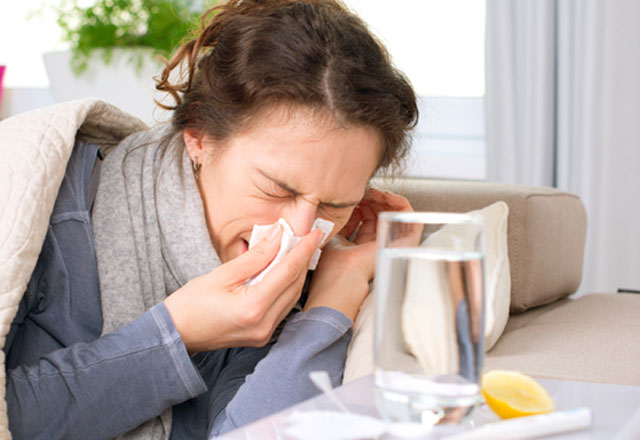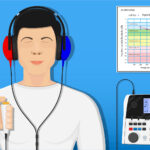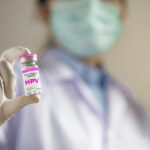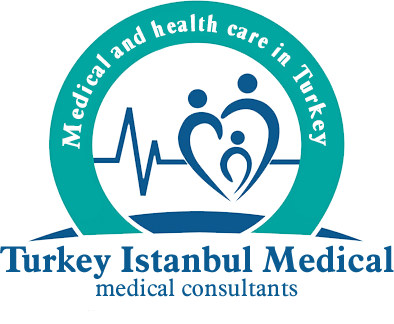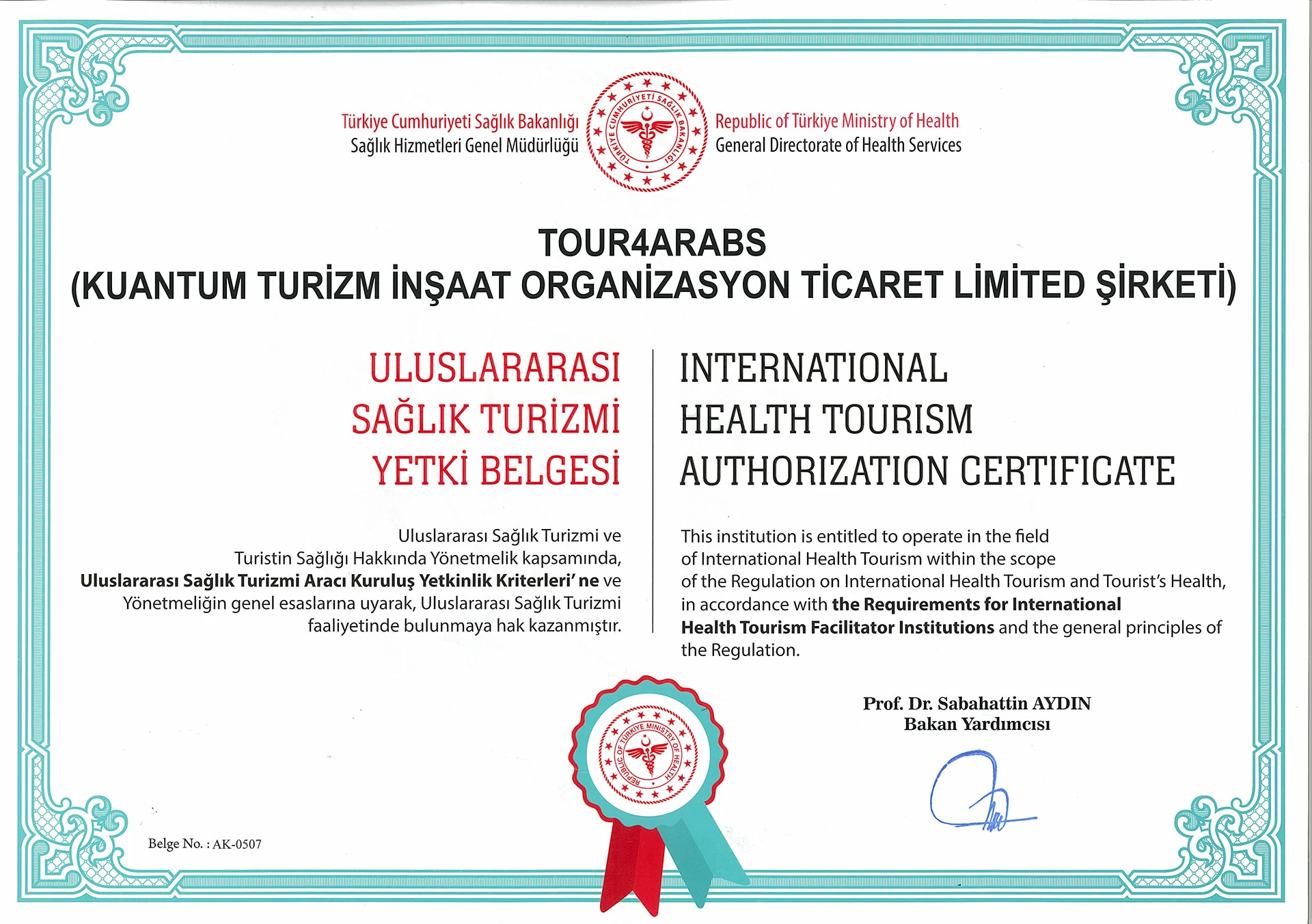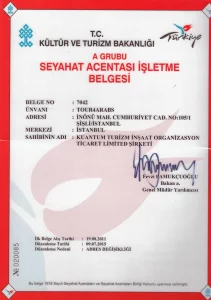Most Common Autumn Diseases
Cold and Flu
Cold and flu usually have common symptoms such as weakness, sneezing, watery runny nose, fullness in the nose, difficulty in swallowing, but infections caused by different viruses.
They spread by sneezing, coughing, talking or contacting shared items. It is a disease caused by rhinoviruses and is mild.
Influenza is a disease that starts more rapidly and often has a higher fever. In the flu muscles and joint pain becomes more intense, fever and weakness become more pronounced. Antibiotics are of no use in the treatment of colds and flu.
The most reliable treatment method is to consume plenty of fluid and rest. In order to alleviate the symptoms, nasal obstruction medications and antipyretics can be used.
However, if complications such as otitis media, sinusitis or bronchitis develop, antibiotic therapy may be necessary.
Sinusitis
Sinusitis usually begins with colds or short-term colds and continues with nasal congestion and watery nasal discharge. Fever and cough can also be added to this table.
The color and shape of the nasal discharge with fever also changes. Severe headache, percent pressure, fullness feeling occurs. These are among the main symptoms of sinusitis.
The treatment begins with the selection of appropriate antibiotics after the examination. In case of prolonged coughs may persist throughout the winter. In the event of recurrence or if all the findings do not pass, the disease may turn into chronic sinusitis.
Autumn allergy
Although it is not as intense as spring, in the fall allergic disorders may occur. Nasal discharge, nasal congestion and sneezing. However, unlike colds and flu, fever, weakness are not accompanied by symptoms of infection.
The main method in the treatment of autumn allergies is to prevent allergies. Use masks that cover the mouth and nose, wear glasses and hats outside, wash glasses daily and consult a doctor for allergies.
Laryngitis
Laryngitis refers to the inflammation of the vocal cord and surrounding tissues. It usually manifests itself in the form of hoarseness, difficulty in swallowing, shortness of breath and cough.
Especially in children, situations requiring urgent intervention may develop. During the treatment you should not smoke and talk as little as possible.
Treatment consists of oral or intravenous antiperspirant and anti-inflammatory medicines, and medicines for the prevention of blood loss, pain relief, mucus secretion, and cortisone. Antibiotic treatment is very little.

